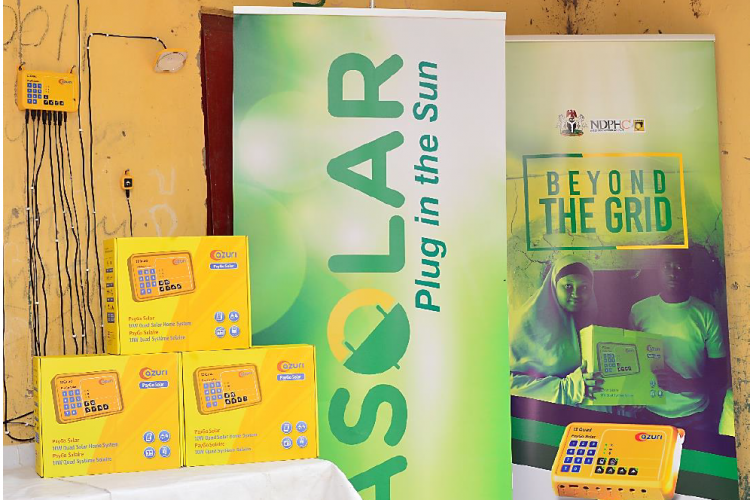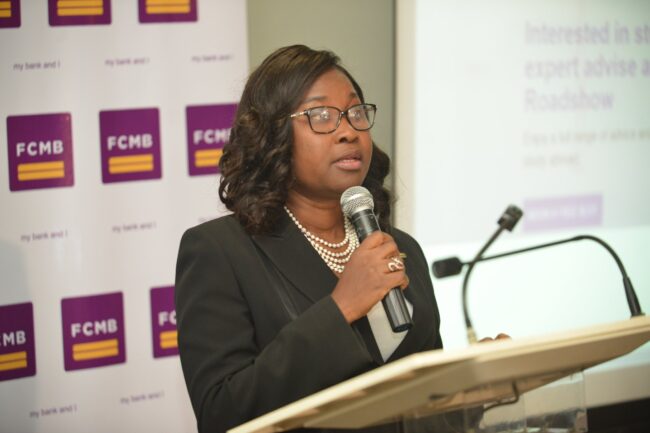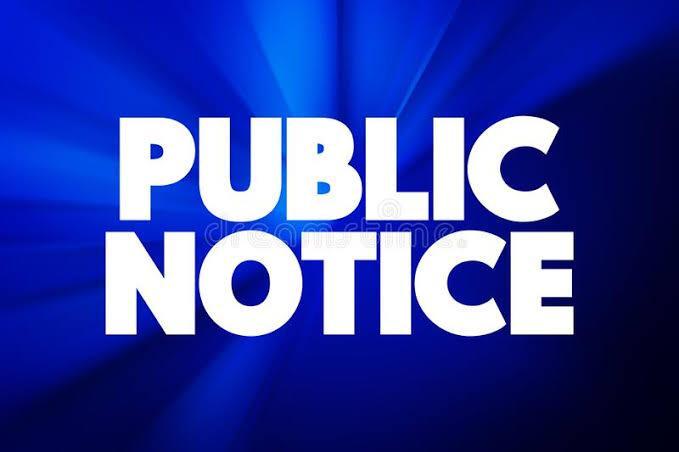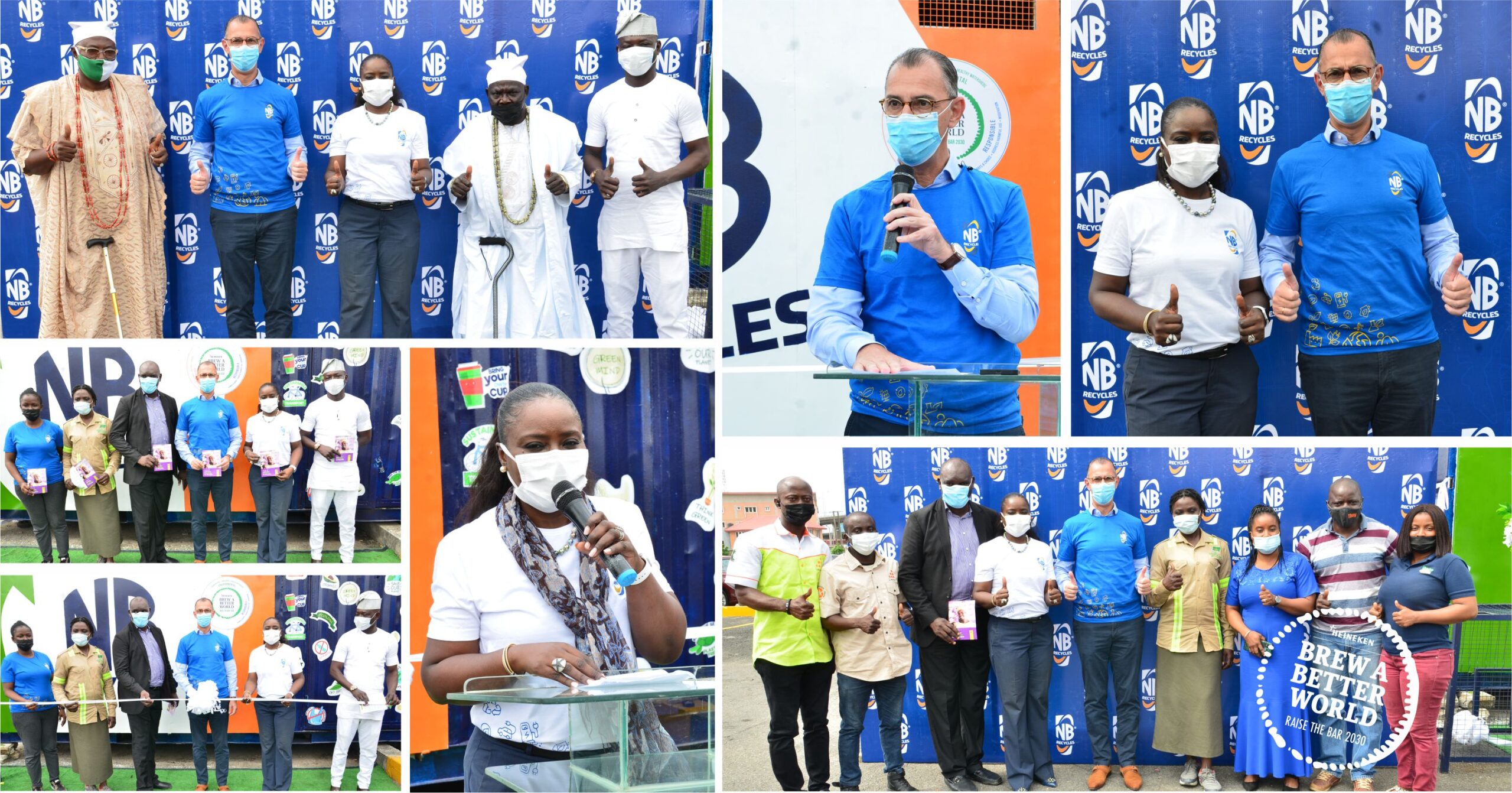Our attention has been drawn to the article published in the Cable, an online newspaper, on July 26, 2021, with the headline “Exclusive: Disquiet as NDPHC guarantees N7 bn bank loan for private firm”.
We would like to state categorically that the reportage made false claims, and also misrepresented the facts regarding the partnership between Asolar Systems Nigeria Limited and the Niger Delta Power Holding Company Limited (NDPHC) on the installation of Solar Homes Systems (SHS) projects. The Cable report alleged that the NDPHC “controversially guaranteed a N7 billion loan to the company, under the Solar Power Naija programme.” In the first place, there was nothing controversial about this guarantee. It followed due process.
Similarly, there is no conflict of interest in Asolar’spartnership with NDPHC. The publication’s reference to the “MD of Asolar”, Hakeem Shagaya, being an in-law to the Vice-President, is pure mischief. For instance, the firm’s MD is actually Mr. Abubakar Tumasi, not Mr. Shagaya. Also, the VP being chairman of the NDPHC board has nothing to do with the major reasons why the firm got the partnership on the Solar Power Naija scheme under the Federal Government’s Economic Sustainability Plan (ESP).
For the records, Asolar was established in 2016 and had established a business relationship with the NDPHC since then. Thus, its partnership on the Solar Power Naija programme has nothing to do with any connection with the VP. Thus, the insinuation by the online publication about this aspect is not only unfair, but mischievous. The firm’s connection with the NDPHC is strictly a business partnership. Moreover, the publication’s referenced in-law connection with the VP happened in 2018, two years after the firm had already established a partnership with NDPHC. Also, Bola Shagaya has been a notable name in business circles for many years, well before the current administration came into office.
Also, the company met all the criteria, including having a Nigeria Electrification Programme (NEP) certificate. For emphasis, the company’s partnership with the NDPHC followed due process; and it was not based on a filial relationship, as falsely claimed by the publication. Rather, it was strictly merit-based and transparent. The partnership was rather cemented by Asolar’s track record of successful deployment of Solar Homes Systems by a PayGo SHS indigenous company in Nigeria, particularly the NDPHC Beyond the Grid (BTG) Phase 1 project.
A brief background. The partnership with NDPHC was sealed in 2016 when Asolar undertook the deployment of 20,000 units of Solar Home Systems (SHS) under the NDPHC’s BTG Phase 1 project, which lasted up to 2018. It was done in partnership with Azuri Technologies, UK, and Azuri Solar Power Nigeria Limited (which later became Asolar). The company’s partnership with the NDPHC on the Beyond the Grid (BTG) Phase I project has helped deploy 20,000 Solar Home Systems (SHS) in 250 rural communities across 12 States. Through this project, it also created about 250 direct jobs and 2,500 in-direct jobs, particularly in these communities.
The BTG project was approved following approved procurement process with the Bureau of Public Procurement (BPP) certificate of “No Objection”. Then, Azuri Solar Power Nigeria was responsible for its onshore activities, including installation, maintenance, revenue collection, management and remittances. Today, Asolar (previously Azuri Solar Power Nigeria) is still carrying out maintenance and other activities for this project. By the way, a comparative analysis on the submissions based on qualifications such as the NEP Certification, improved revenue collection model and participation in BTG 1 was ongoing, when the ESP (which included the Solar Power Naija component) was approved by the Federal Government.
Having the relevant certifications, the company sought for funding from the Central Bank of Nigeria (CBN). Under the CBN framework, this funding was only available for NEP certified private sector entities. Asolar later sought partnership with the NDPHC on the Solar Power Naija project; which was ratified only after the partnership had received the approvals by the NDPHC’s Executive Committee and the NDPHC Board. Thus, the company got the CBN’s Letter of Comfort because of its track record of successful implementation with the NDPHC under the BTG, not for any other reason as alleged by the online newspaper.
We urge the online newspaper to do proper fact-checking before publishing unsubstantiated claims.
Signed:
ABUBAKAR TUMASI
Managing Director, Asolar Systems Nigeria Limited
Add a comment






